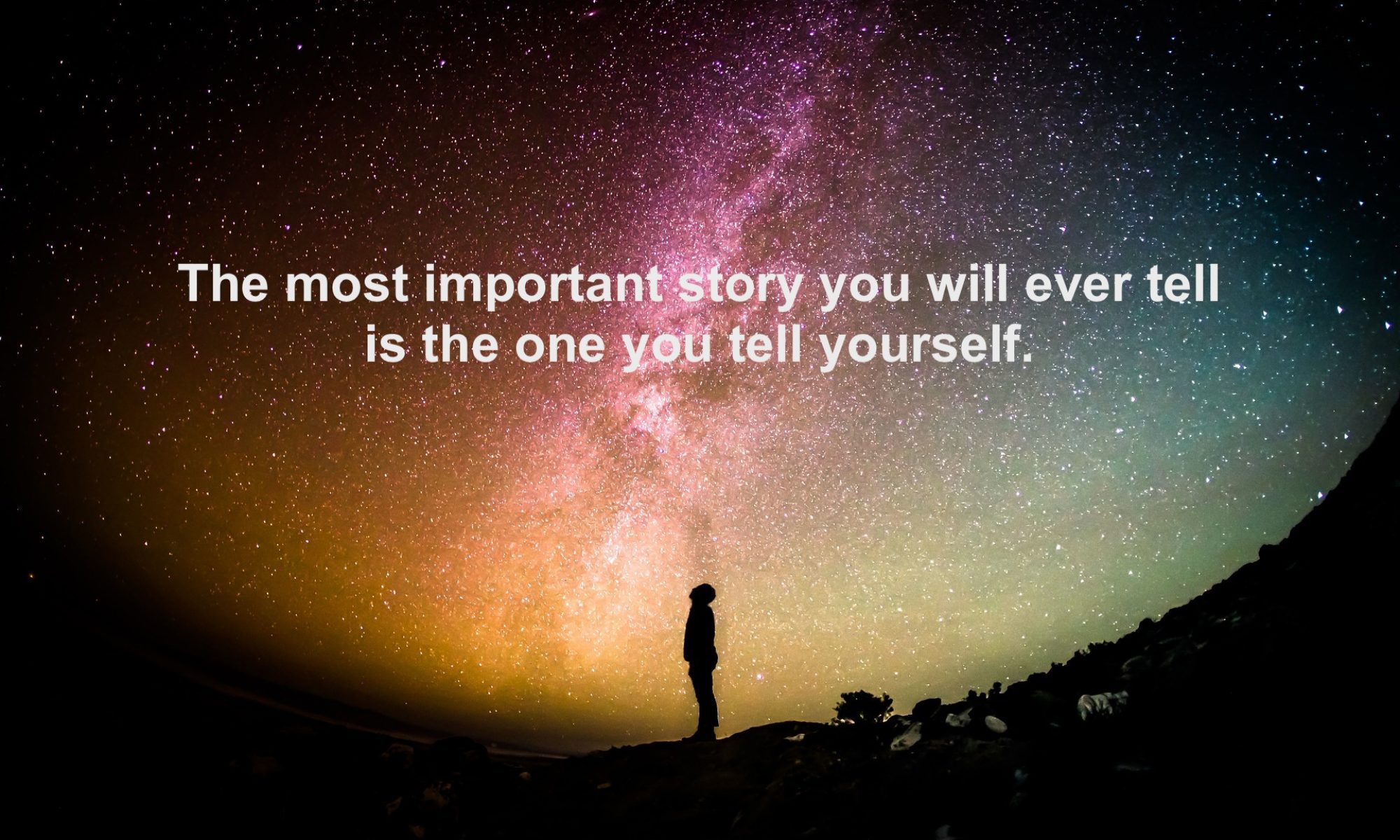What do Abba, the Rolling Stones, Elton John, Bob Marley, Simon and Garfunkle, and Diana Ross all have in common? Aside from being very successful musical acts, they all have at least one “Greatest Hits” album. Almost every great band has a Greatest Hits album. But have you ever seen a “Worst Flops” album?
It isn’t just musical acts who put their greatest hits front and center and ignore their lesser efforts. We all do it. Our resume or CV contains our professional greatest hits, but we do not mention the failures, missteps, and embarrassments we’ve suffered.
Everyone else’s CV does the same. They show their best and hide their worst. We don’t see their flaws because they are hidden. And while we may try not to show others our own shortcomings, we are painfully aware of them. We are terrified that others might see our faults anyway, and expose us as a fraud. This fear of being found unqualified for (and undeserving of) our role is called impostor syndrome, and it can be debilitating.

This sets us up for a lifelong struggle. We see our worst self, but we see the best of everyone else. It’s like looking at life through a distorted lens. We make ourselves small—we belittle, diminish, and disparage ourselves—while making others bigger than they are. How messed up is that? Shouldn’t we be building ourselves up?
At the logical level we know that other people have flaws they don’t want us to see. We may even understand that other people don’t see some of our inadequacies that we are trying to keep under wraps. But understanding this is not enough to overcome our fears. Mr Spock (of Star Trek fame) may be able to tame his emotions with logic, but the rest of us are too human to do this—our emotions rule.
Impostor syndrome is especially common among those who are promoted into a new role at work. They won the promotion because they excelled in their previous role, but their new role requires capabilities they have not yet mastered. Some people overcome this problem with time. They gain the knowledge, skills, and experience required, and as a result become more confident. They grow into their role. They may have some doubts on occasion, but they are manageable.
Others are not so fortunate. The doubts are overwhelming. They feel inadequate not only in their new role, but in other areas of their life. The feeling that I’m not good enough is pervasive. Affirmations, visualization, and waiting will not help. They are operating under a false narrative, and they need to attack the problem at the roots by rewriting their inner story.
If your inner story supports maladaptive beliefs such as I’m not good enough, I’m not worthy, I don’t deserve it, then it will not support the new, empowering beliefs you wish to install. But you can change your inner story and create the life you want. The most important story you will ever tell is the story you tell yourself.
